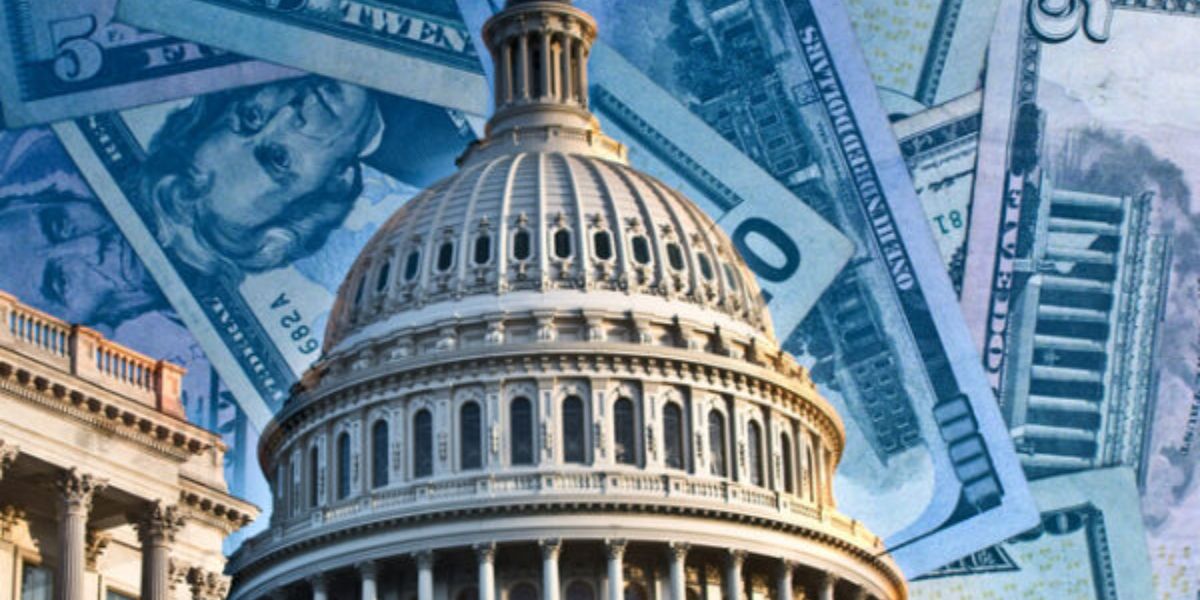Officials Warn New Iowa Tax Bill Penalizes Expanding Communities
The same plan that will lower individual income taxes for Iowans has authorities concerned about yearly budgeting for local government agencies.
When Senate File 2442 is passed into law, the state’s income tax rate will be a flat 3.8%. New categories for county and local tax levy rate modifications depending on community growth are also included in the legislation.
The maximum permissible tax levy that a county or city can impose is unaffected if its tax base increases by less than 2.75% in a year. Local tax levies would be cut 1% if tax base growth is more than 2.75% but less than 4%. For the tax levy, a city or county uses in a single fiscal year, more than 4% but less than 6% would necessitate a 2% cut, while more than 6% would result in a 3% reduction.
The system that is predicated on yearly growth rates is what has West Des Moines concerned about the future.
Tim Stiles, the financial director of the city of West Des Moines, said, “I believe property taxes provide between 60 and 70 percent of our income.” Stiles said that the way the law describes tax levy computations and the potential impact on a city’s budget is challenging and unpredictable.
To cover the money the city was not anticipating to loss in the tax revenue fund last fiscal year, West Des Moines withdrew several million dollars from savings accounts. Stiles said, “We are fortunate; I believe we have at least double-digit years before we would have to make some, you know, ‘we’re tapped out on these levies we can’t use them anymore for these costs’.”
Although the bill’s suggested adjustments are still being discussed by the Polk County Board of Supervisors, it is anticipated that services may have to be reduced in the coming years.
“I believe this is poor public policy because it penalizes growing communities, and growing communities have higher service costs. Therefore, it is a perverse way to set tax policy when you actually penalize growing communities,” Polk County administrator John Norris said. “It appears that real cuts in county budgets will result from this year’s legislation as well as from last year’s.”
Governor Kim Reynolds of Iowa still needs to enact the bill.










